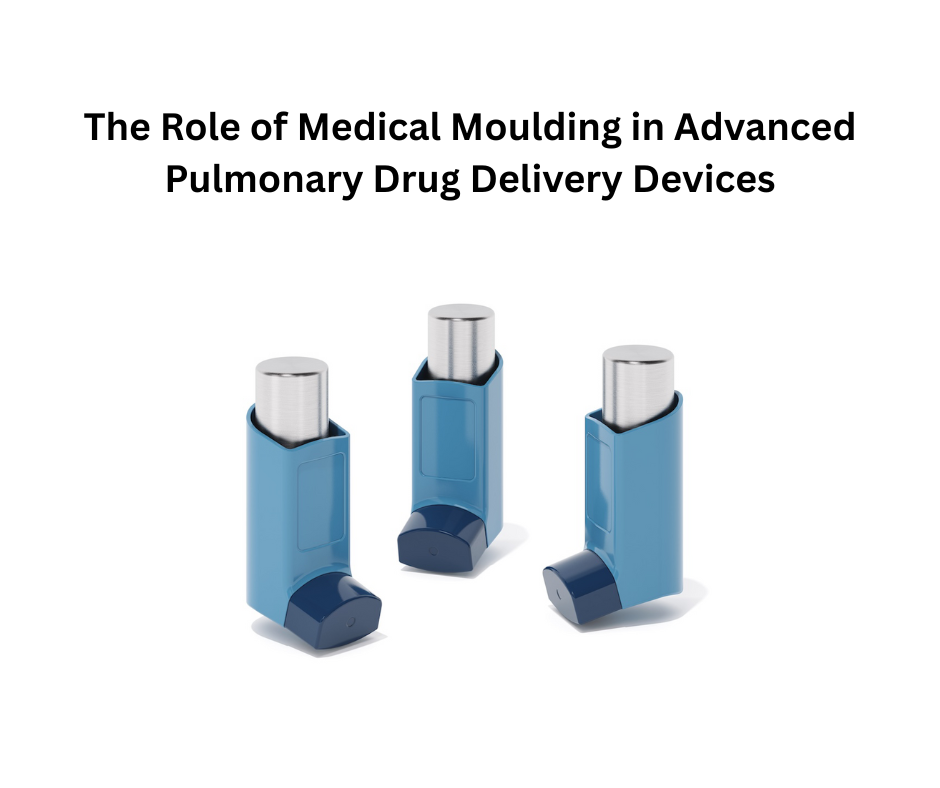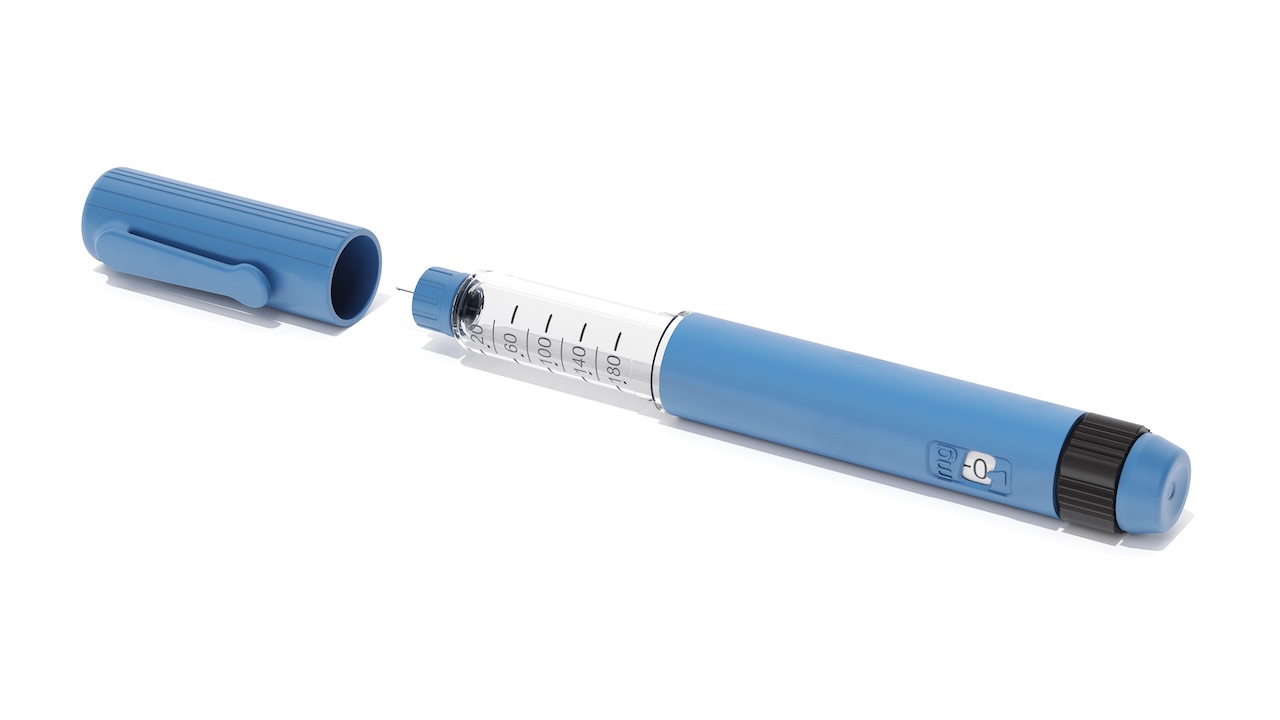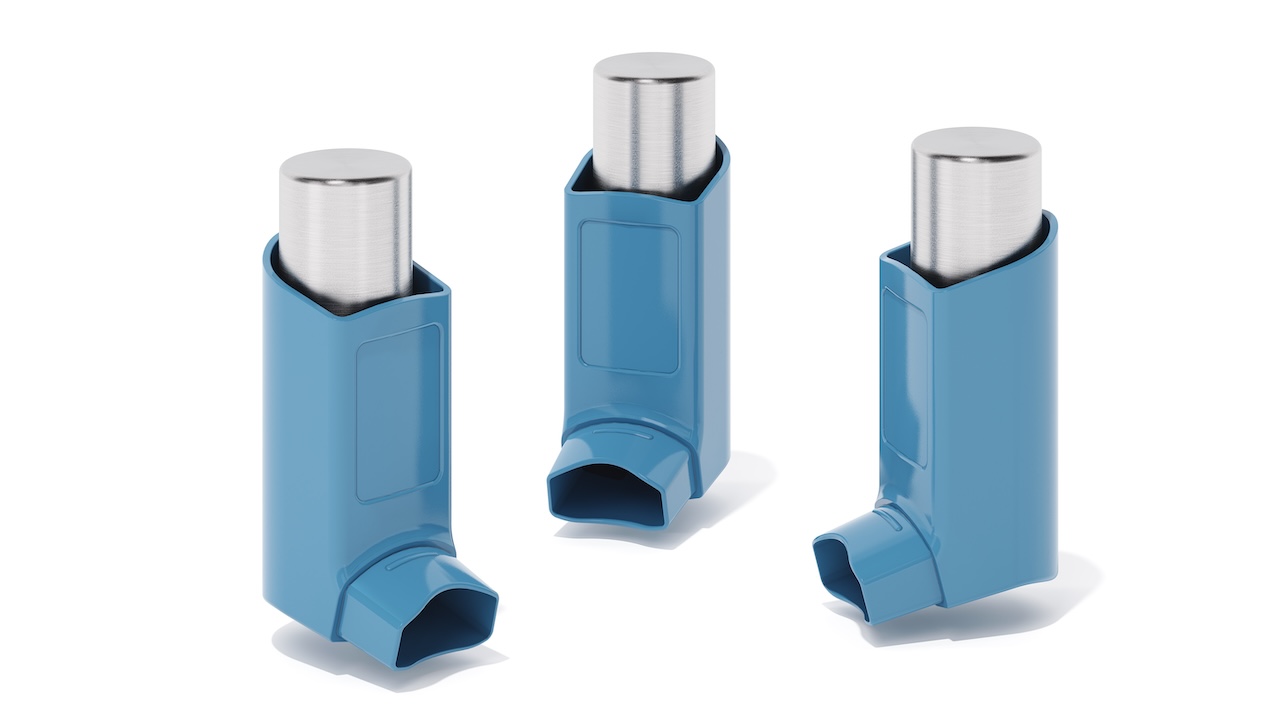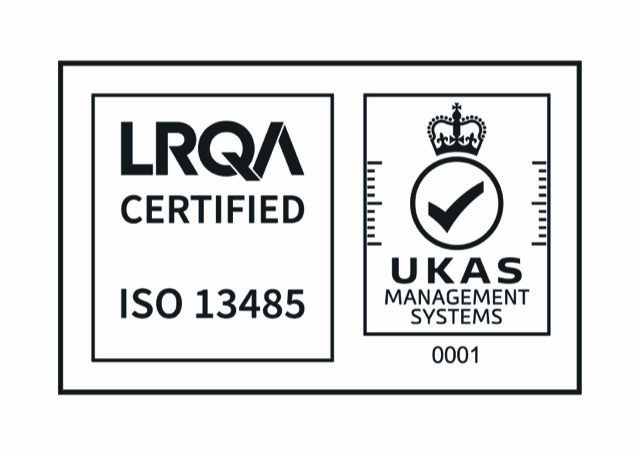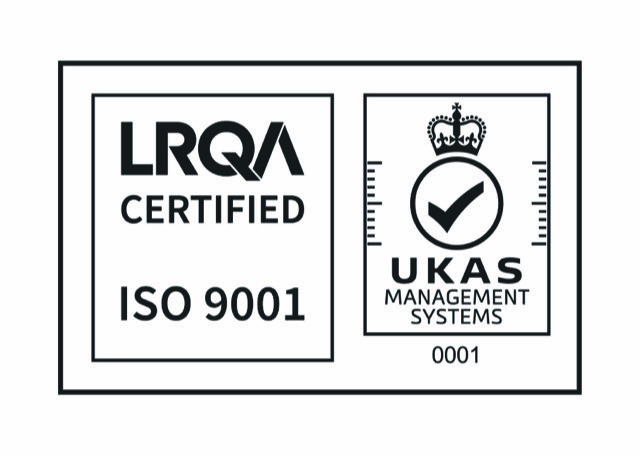MedTech Research and Development in Singapore
Global advancements in medical technology create significant healthcare innovation opportunities. With a growing economy, supportive regulations, and strong development infrastructure, Singapore offers MedTech companies a valuable R&D opportunity.
According to the latest report, more than 60 international MedTech businesses have regional offices and manufacture products in Singapore, conducting research and development on a variety of topics within the healthcare industry. 25 international MedTech businesses have built R&D facilities in Singapore, and several of them have made investments in end-to-end capabilities that range from product design through optimisation and validation.
Production base and Geographical advantages for high-end medical technology
Singapore is a key manufacturing hub for medical technologies, including pacemakers, contact lenses, and life sciences instruments. Its strong design and engineering expertise, automated supply base, and strict quality control attract high-end medical equipment manufacturers. With established facilities and support, Singapore reduces barriers to MedTech R&D. As a global financial centre with a thriving tech ecosystem, it provides the ideal environment for MedTech companies, particularly in early development and commercialisation stages.
With the rise of Artificial Intelligence (AI) across industries, MedTech increasingly relies on data and AI-driven technology. The AI healthcare market, valued at $11 billion in 2021, is projected to reach $188 billion by 2030, growing at a CAGR of 37%. As the first Asian government to collaborate with the World Economic Forum’s Centre for the Fourth Industrial Revolution, Singapore is well-positioned to advance its AI capabilities and lead in global MedTech R&D. AI is already transforming Singapore’s MedTech sector, enhancing early detection, surgery, diagnosis, treatment, decision-making, care, research, and education.
Geographically, Singapore benefits from a strategic location with a robust logistics network, including one of Asia’s busiest container ports and cargo airports. Over 200 shipping lines connect to 600 ports in 123 countries, while 4,000 flights serve 180 destinations across 59 countries. Additionally, 13 free trade agreements eliminate tariffs on medical items, such as contact lenses, ECG/ultrasound/MRI equipment, and heart valves, supporting the MedTech industry and R&D. Singapore is the ideal launchpad for MedTech companies aiming to expand across Asia.
Singapore is recognised as a key hub for multinational MedTech companies seeking to enter the growing Asian market. Given the distinct demands in Asia compared to Western markets, companies must adapt their products for local needs. By conducting R&D in Singapore, businesses can better understand Asian markets and disease conditions, developing strategies tailored to specific regional requirements. Singapore not only supports MedTech R&D for Western markets but also serves as a critical centre for developing products specifically designed for Asian countries.
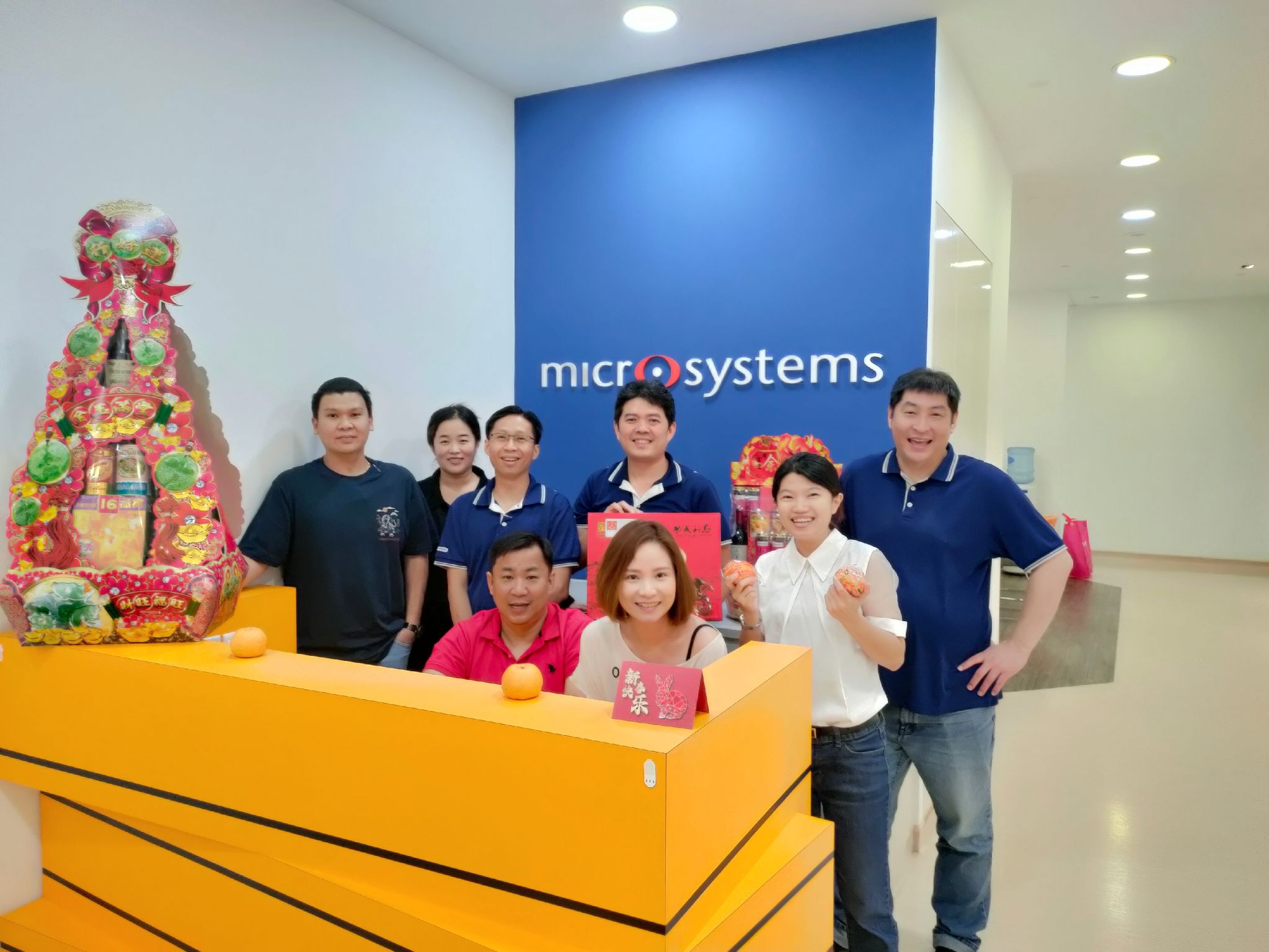
Our amazing team in Singapore (Photo: Micro Systems)
A cutting-edge R&D ecosystem with a strong governmental support
Singapore’s extensive network of prestigious universities, research centres, and innovative start-ups provides MedTech companies with access to a dynamic open innovation ecosystem. With over 25 international R&D centres and more than 220 local MedTech start-ups and SMEs, companies in Singapore are leveraging this network to develop next-generation products and solutions. Additionally, 50 regional offices of leading global MedTech companies are based in Singapore, positioning it as a hub for e-commerce, marketing, and regulatory innovation to enhance access to Asian markets.
MedTech businesses in Singapore is advancing its products by prioritising collaboration and user-friendly solutions. MedTech companies now recognise the importance of addressing the needs of both patients and healthcare professionals in product development. Designs are increasingly developed with key stakeholders, ensuring seamless integration with existing processes and lifestyles. As a result, Singapore’s MedTech ecosystem is evolving, fostering the creation of scalable and user-centric solutions.
Early-stage funding is a key driver of MedTech R&D in Singapore. With strong investor interest in local and international MedTech start-ups, companies in Singapore are well-positioned to test innovations in a medical environment, enhancing their potential for future adoption and commercialisation.
Some outstanding MedTech R&D projects within the growing ecosystem in Singapore include Eye illness diagnosis using Selena+ AI algorithms with SNEC, SERI, and NUS School of Computing, microRNA (miRNA) technology with MiRXES, Thermo Fisher Scientific project with A*STAR, AIM Biotech’s microfluidic devices, etc.
Great supports from the government
The Singapore government has made substantial investments in academic research through the RIE2020 Plan, with the National Research Foundation allocating S$19 billion to support growth. Of this, S$4 billion is dedicated to health and biomedical sciences, focusing on five key areas: diabetes, cardiovascular disease, infectious diseases, ophthalmology, and cancer.
The nation has also built spaces to act as company incubators, for example, incubators like Trendlines Medical Singapore, a division of the Israeli company Trendlines that first opened its doors in 2016.
In 2017, the Medical Device Pre-Market Consultation scheme was introduced by the Health Sciences Authority (HSA) to help enterprises conducting R&D in Singapore better understand the regulatory requirements at the development and pre-registration stages. As a result, MedTech businesses could shorten the time to market and include regulatory concerns even during the product design and development process, making it more cost-effective and encouraging for them to invest in MedTech R&D in Singapore.
The centre for developing innovative business models and strong collaborations
Singapore provides businesses with a solid base to create new business models centred on big data and patient-centric care as a result of the trend towards linked devices. Companies can create innovative go-to-market strategies in Asia thanks to the country’s base of design consultants, data analytics research, and applied data analytics personnel.
In addition, there is a strong collaboration between the public and private sector in Singapore, hence the country’s MedTech industry is expanding as a result of increased backing from investors and governmental healthcare clusters. This expansion is fueled by government financing, academic talent, a strong start-up environment, and collaboration across legacy institutions. For example, the Singapore Health Technologies Consortium (HealthTEC) was established in 2019 by the National Research Foundation to bridge the gap between R&D and implementation by bringing together academics and industry partners and to offer its members initial financing for joint projects.
The market size of MedTech in Singapore
With its highly qualified biomedical workforce, first-rate infrastructure, encouraging governmental regulations, and major R&D expenditure, among other things, Singapore’s pharmaceutical sector is paving its path to become a worldwide manufacturing centre. Implanted pacemakers, contact lenses, and mammography equipment are just a few of the cutting-edge medical technologies that are produced in large quantities for international markets in Singapore. According to a recent report, the MedTech ecosystem is expanding in Singapore, from S$3.1billion in 2008 to S$13.3billion in 2018, Singapore’s economy benefited from the MedTech sector. Homegrown MedTech businesses have increased from 100 in 2014 to more than 250 in 2018, according to Enterprise Singapore (ESG). Singapore is also leading the area in MedTech research and development thanks to its goal for a Smart Nation.
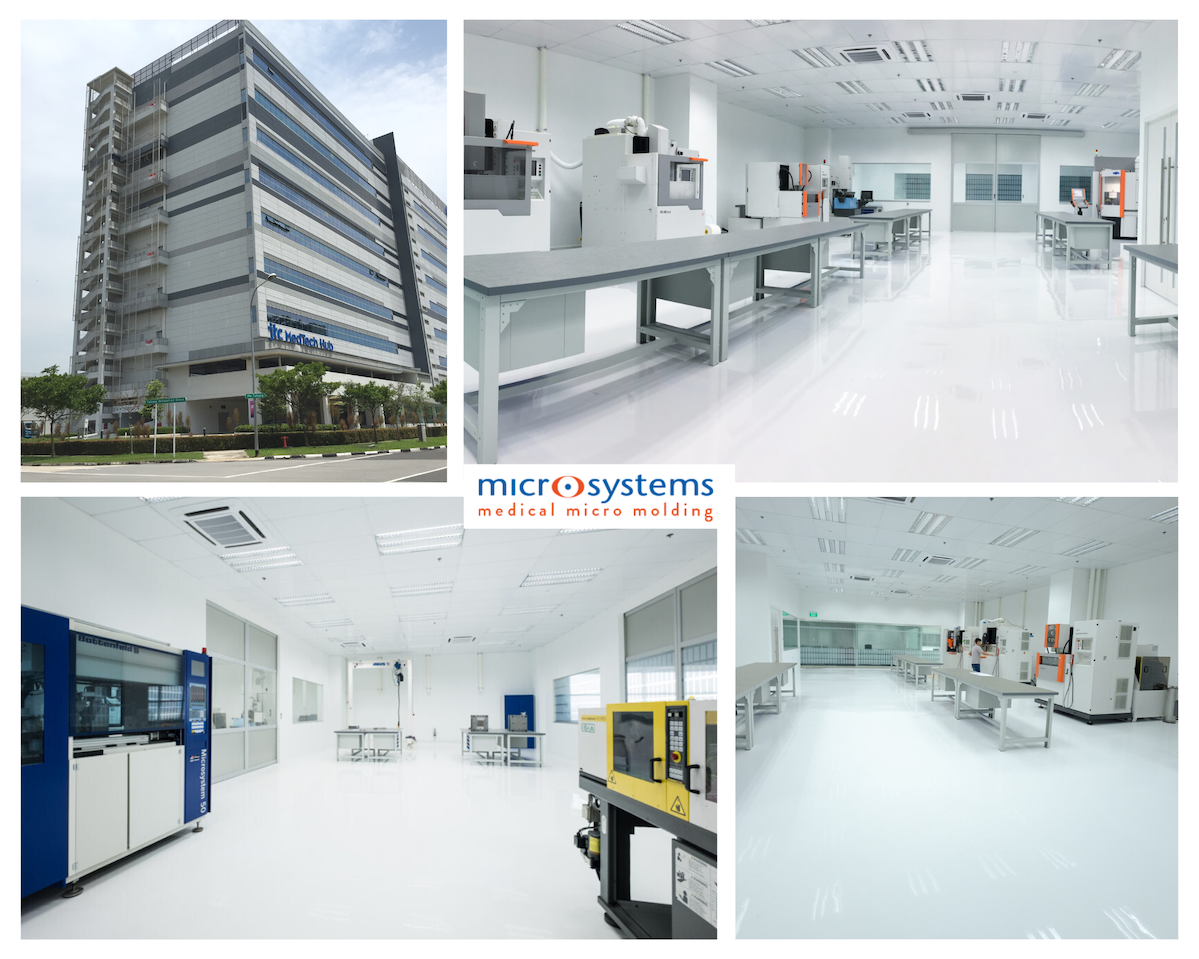
Micro Systems specialises in the design, manufacture and validation of ultra precision micro moulds for the medical, pharmaceutical and optical markets, at the same time, the development and use of micro and nano technologies in the design and manufacture of injection moulded components. We have a dedicated micro moulding facility, and have ISO13485 and ISO9001 certifications. For more information, please Contact us or visit our website.

